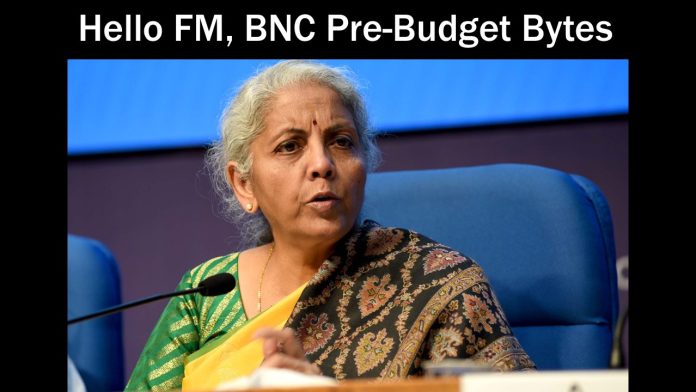The budget should allocate funds to develop dedicated charging stations for commercial EV buses along major routes, say industry leaders. Here are some cmments:
Rohan Dewan, Co-Founder & CEO, LeafyBus: As we look forward to the upcoming budget, we should expect several measures that could drive the adoption of electric vehicles (EVs) in the commercial transport sector. Direct subsidies for EV heavy vehicles could help reduce the upfront costs for operators, encouraging more widespread adoption. Tax incentives, such as road tax exemptions, would also support this transition by reducing operational costs for EV operators.
We hope the budget includes subsidies and grants for commercial EV buses, similar to the FAME II programme, to promote growth in this sector. Additionally, low-interest loans for EV buses would make it easier for bus operators to expand their fleets.
Investing in infrastructure is essential, and the budget should allocate funds to develop dedicated charging stations for commercial EV buses along major routes. This would alleviate the current charging infrastructure challenges and help improve EV buses’ viability in daily operations.
A dedicated fund for EV buses, along with a credit guarantee scheme offering low-interest loans to bus operators, would provide further financial support to the sector. A long-term EV policy that offers stability will be crucial to maintaining momentum for EV adoption.
Lastly, as EV heavy vehicles are currently more expensive than their ICE counterparts, reducing taxes on the import of EV components, such as battery cells, would help lower procurement costs and make EV adoption more affordable for operators.
Kamlesh Kaushik Co-Founder and CEO of Mufin Green Infra: With the upcoming Budget, we expect measures that will help accelerate India’s transition to electric mobility. A focus on expanding charging infrastructure in underserved areas through viability gap funding, grants, and rebates for homeowners would be beneficial.
To address the high upfront costs of charging stations, we hope for increased subsidies and tax incentives, such as accelerated depreciation and electricity tariff exemptions. Additionally, reducing import duties on EV components and offering incentives for local manufacturing will support growth.
Investments in modernizing the grid to meet rising EV demand and support for battery swapping infrastructure, particularly for logistics, are important areas of focus.
To support the success of the EV policy, the Budget should include incentives for fleet operators, funding for local manufacturing, and support for R&D in EV technologies. Creating a seamless EV charging network with interoperable systems and digital platforms will also be critical for the overall growth of the EV ecosystem.




